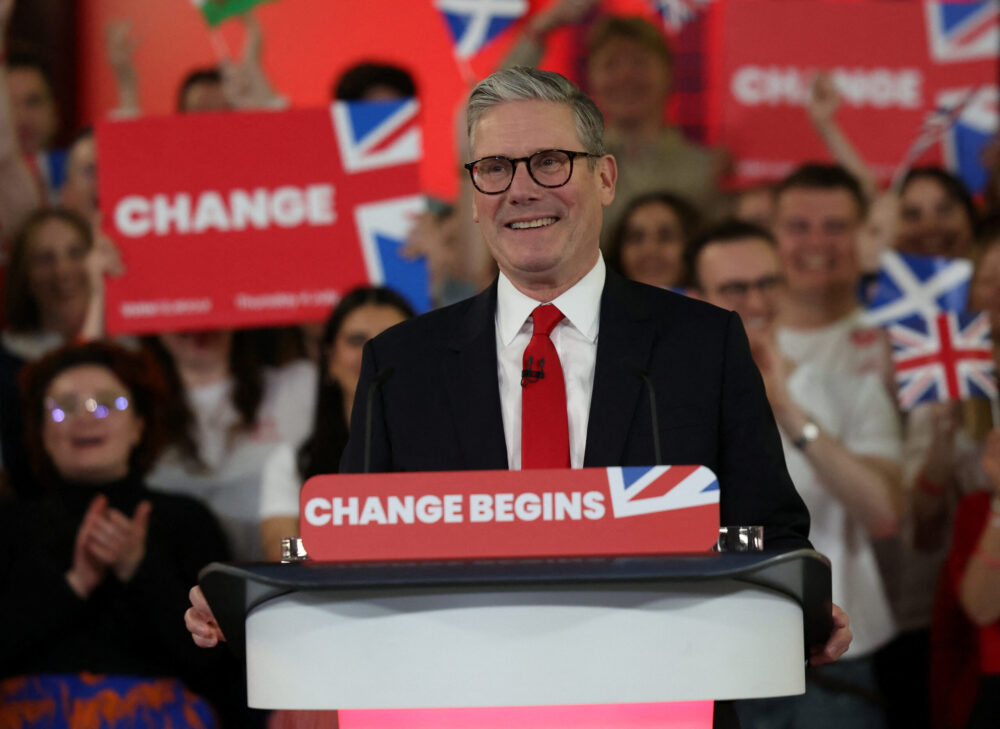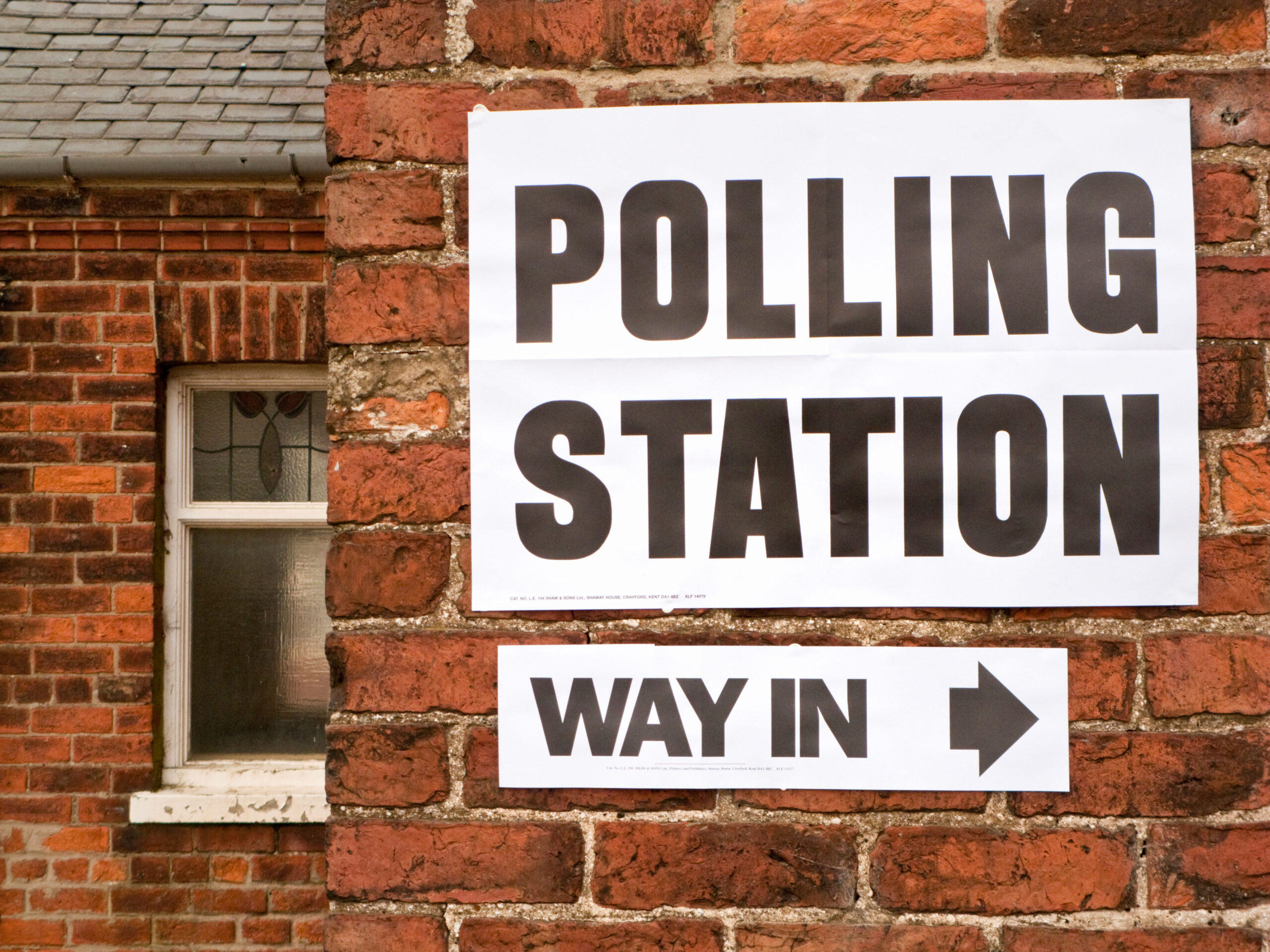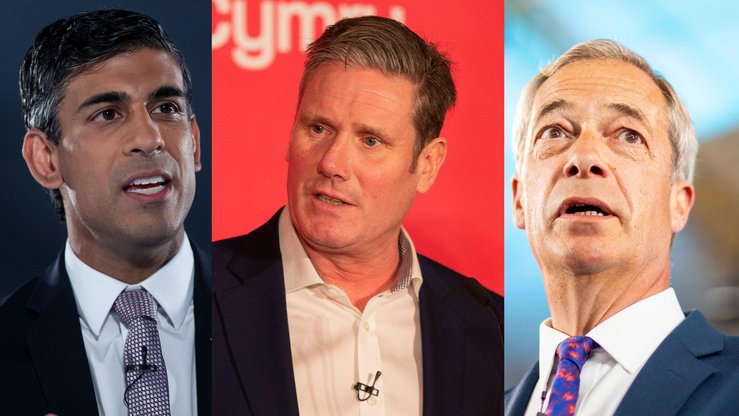
I have often thought of creating a game of Political Focus Group Bingo (for which the market would be admittedly niche) in which the players would tick off words and phrases on their cards as they were uttered by the focus group participants. One of these would be ‘Australian-style points system’ – a locution you will hear more often than not once the subject of immigration has come up, as it has in practically every group I have done since I began my research four general elections ago. Until the referendum the point was not so much that people thought the volume of immigration was too high (though many did) as that we did not have control over it or the ability to decide who could and could not come in. Nor do people want EU migrants already here to have to leave – my polling has found that whatever their view of Brexit, most agree they should be allowed to stay permanently. The plan unveiled this week under which low-skilled migration would be restricted and arrivals from Europe would lose preferential access are a big step towards answering people’s concerns. But as the contributors at an Institute for Government fringe meeting yesterday pointed out, there are still details to settle – like exactly who counts as low-skilled, where the qualifying salary level will be set, and of course what happens in the endgame of the Brexit negotiations. And as former Home Secretary Amber Rudd pointed out, there are the politicians to contend with: “In Cabinet, everyone says ‘yes, less immigration, but not in health, or catering, or agriculture’ or whatever their area is.”
*
Is Twitter ruining politics? The columnist Rafael Behr thinks things are heading that way: he told a meeting organised by the leaned magazine Prospect that he traced the descent into a “nastier, more aggressive, more vicious” tone back to the Scottish independence referendum in 2014 and the advent of the cybernats, a fearsome species of whom I have some experience myself. With two general elections, two Labour leadership elections and a referendum in the four short years since, politics has only become more febrile, intensified by social media. Instead of a nutritious daily paper, people were increasingly getting their news from a “bottomless Pringle tube of outrage,” as he rather brilliantly put it, and younger people now tended to regard news sources as equally valid, whether the FTor The Canary. Journalists can be distracted by irrelevancies, as with the fun they had pointlessly tracking Priti Patel’s flight after she was summoned back from Africa to be sacked over her unauthorised meetings in the Middle East. Even MPs can go haywire – “I meet a lot of politicians and I often think, I know you’re a perfectly decent human being and you’re doing yourself a disservice by adopting this persona”. I think another danger for everyone in politics is to forget that the great majority of British voters are not on Twitter at all and have better things to do all day than scroll.
*
As the keeper of Conservative MPs’ letters of no confidence in the leader – if there are any – Sir Graham Brady cannot escape being asked how many he has in his possession (48 being enough to trigger a no confidence vote). “People always apologise in advance and say ‘I know you can’t possibly answer,’ but then they ask anyway,” he told a meeting hosted by the Centre for Policy Studies. After a “suboptimal” set of local election results in 2014 he took refuge on a parliamentary delegation to Taiwan, only to be asked the same thing by the Taiwanese.
Nor could you get the figure by asking MPs themselves: “the difference between what colleagues say they might have done and what they have done can be considerable.” Sir Graham had heard MPs “saying they had sent in letters which they hadn’t, or that they’ve withdrawn letters they never sent in the first place.” How did his meetings with the PM differ from those with her predecessor? “David used to kick off his shoes and put his feet on the table. Theresa doesn’t do that.”
*
Rumours abound of a private dinner here in Birmingham earlier in the week for ‘Friends of Jacob Rees-Mogg’. I assumed my own invitation had been lost in the post but it turns out that others who are known to be close to the Moggster were also omitted from the list. Which begs the question: who are these Friends and what are they up to?
*
Inevitably, much of the talk at the conference has been about Brexit, both on the stage, among delegates and at meetings on the fringe. That people disagree on the principles is hardly news, but it is striking how much disagreement there is between serious analysts, commentators, economists and other experts on questions of detail. On the basis of this week’s discussions, these include (but are by no means limited to) the following:
Could we have harmonisation with EU and still run an independent trade policy? If customs paperwork had to be completed for good in and out of Europe, what would be the cost? Is there a potential deal that could get through parliament, whether Norway, Canada, Chequers or anything else? If MPs reject the deal, what happens in parliament after that? Is there any scope to extend the March deadline? Would the EU really be able to force Ireland to build a hard border in the event of no deal? If there were another referendum, what would be on the ballot? Would the European Court of Justice have any jurisdiction over the UK if we had a common rule book? How much of an economic shock would a no-deal Brexit be? Could the government convince the EU that it is serious about no deal and thus elicit a better offer? Would France shut down Calais in the event of no deal and an unpaid £39 billion divorce bill?
Usually when planning for change there is at least one thing you can hang your hat on as a safe assumption and extrapolate from there, but it’s hard to think of one here. But as my research shows, one thing most Tory voters do agree on is that whatever outcome they want, the ‘wrong’ Brexit would be less bad than a government led by Jeremy Corbyn and John McDonnell.
*
And that’s all from Birmingham from me. With fingers crossed for Theresa May’s speech I am departing on a secret mission to an undisclosed location. I will report soon…


